- Details
Certain types of bacteria may help in waste water cleanup, according to a Department of Science and Technology funded study.
The team headed by Prof. Arlene Llamado of the University of the Philippines Los Baños isolated five bacteria cultures from soils of an abandoned mine site in Mogpog,Marinduque to determine if these can form biofilms. Then the team assessed the bacteria’s potential in wastewater treatment applications.
- Details
Coastal communities near Subic Bay will soon achieve tsunami preparedness as the Philippine Institute of Volcanology and Seismology (PHIVOLCS)in collaboration with the Advanced Science and Technology Institute (ASTI), agencies under the Department of Science and Technology (DOST), prepare for the installation of tsunami detection sensors at Sueste Point in Subic Bay within the territorial jurisdiction of Subic Bay Metropolitan Authority.
This initiative is part of the PHIVOLCS-ASTI project on tsunami warning and preparedness called “Establishment of a Cost-effective Local Tsunami Early Warning System for Selected High-risk Coastal Communities of the Philippines”,or TeWS, which is under the DOST-Grant-in-Aid (DOST-GIA) Project.
Read more: DOST-PHIVOLCS to install tsunami detection system for Subic Bay
- Details
Filipinos love sweets, and this is proven by our love for sweet delicacies ranging from rice cakes to preserved fruits and jams. However, Pinoys have large risk of contracting diabetes, with about 1.4 million Filipinos suffering from diabetes mellitus.
As such, artificial sweeteners and sugar substitutes can be very appealing to people looking to cut their calories or control blood sugar. Studies have shown that artificial sweeteners can be bad for the health. But nature has provided more alternatives that can give us guilt- and worry-free indulgence to our favorite sweet treats.

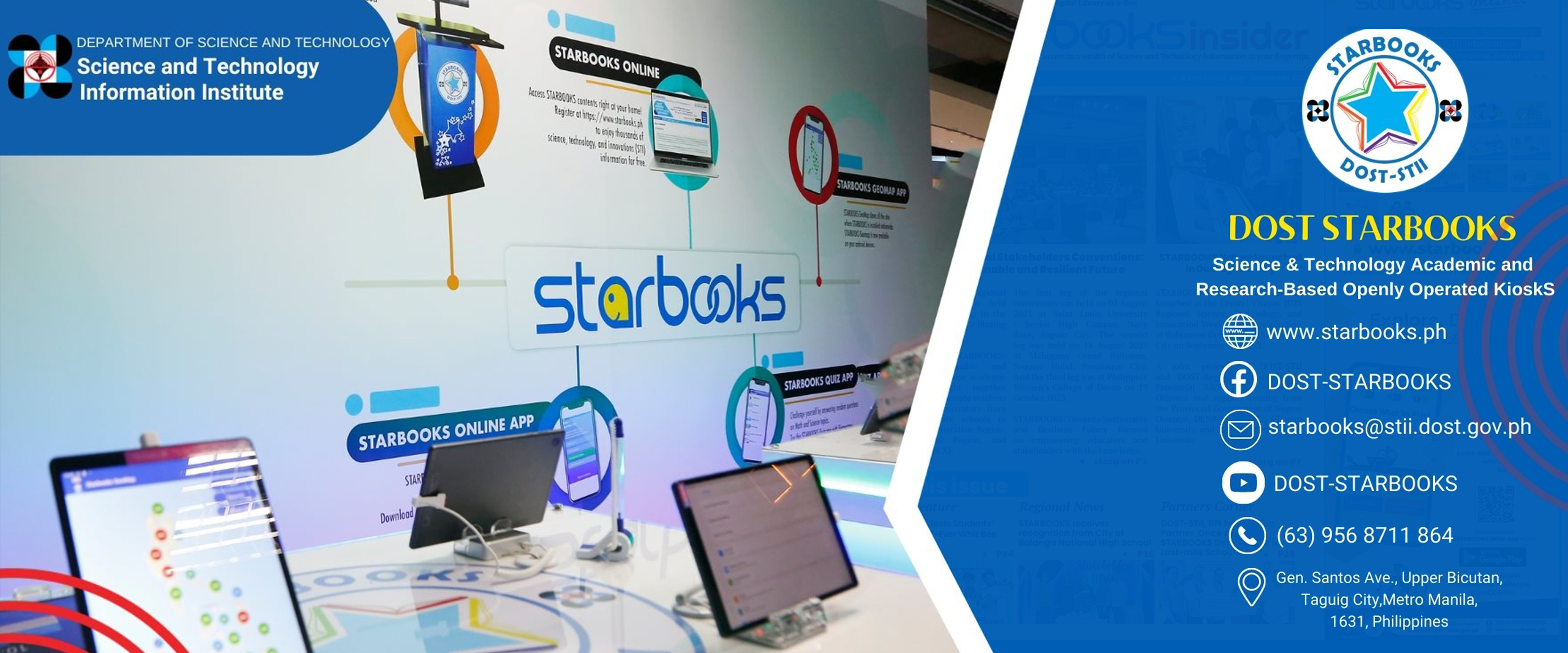
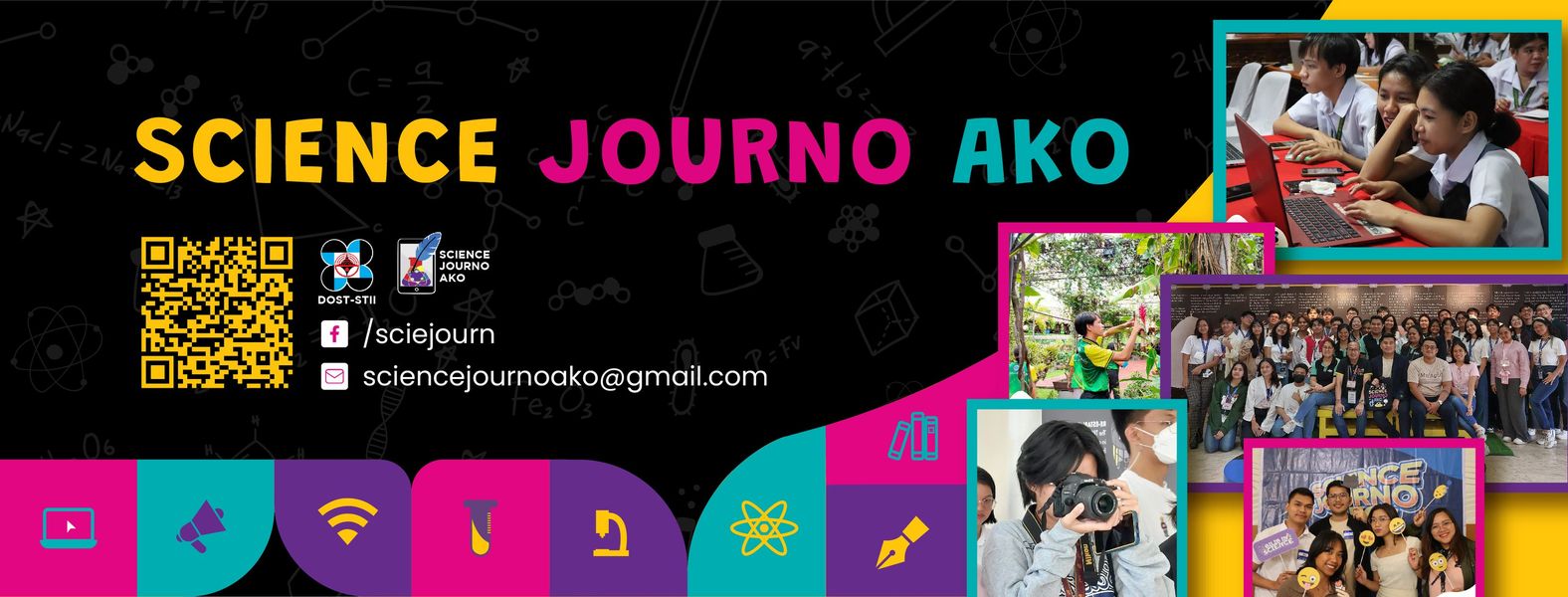
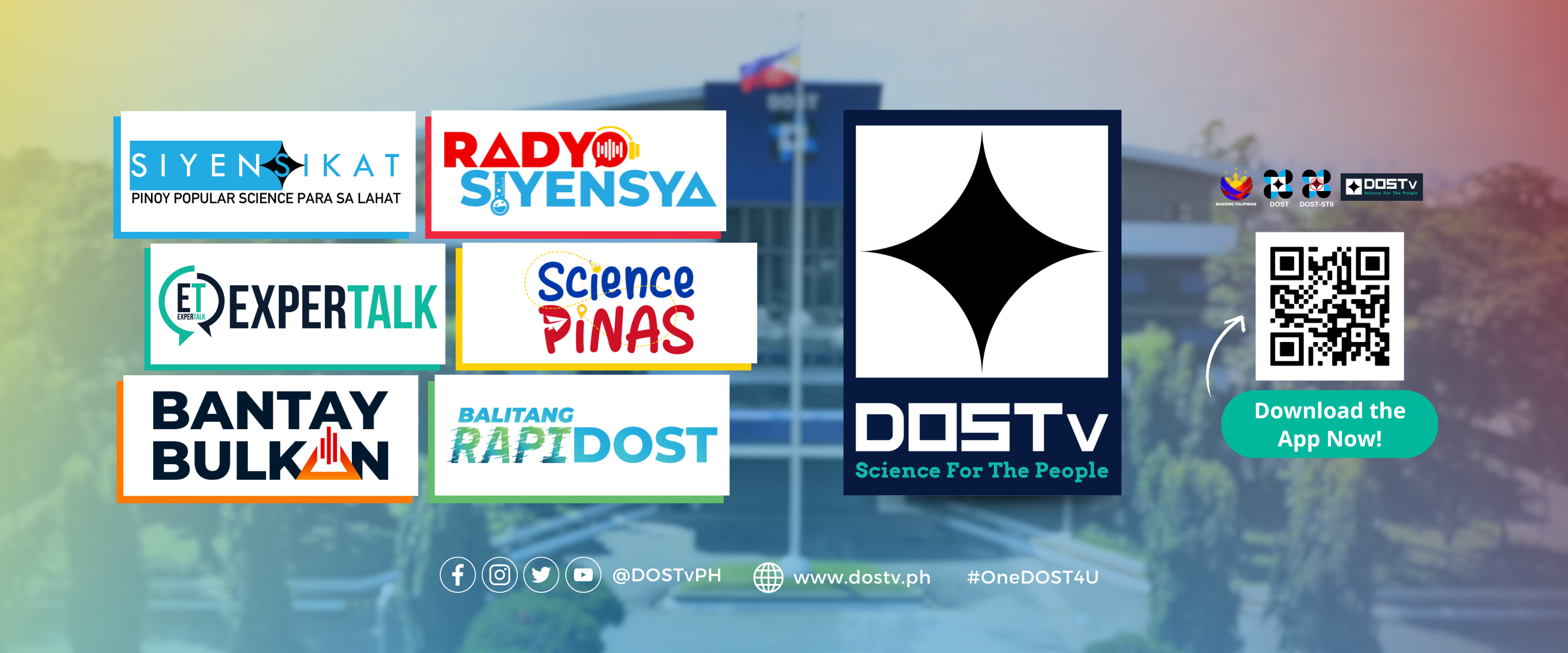

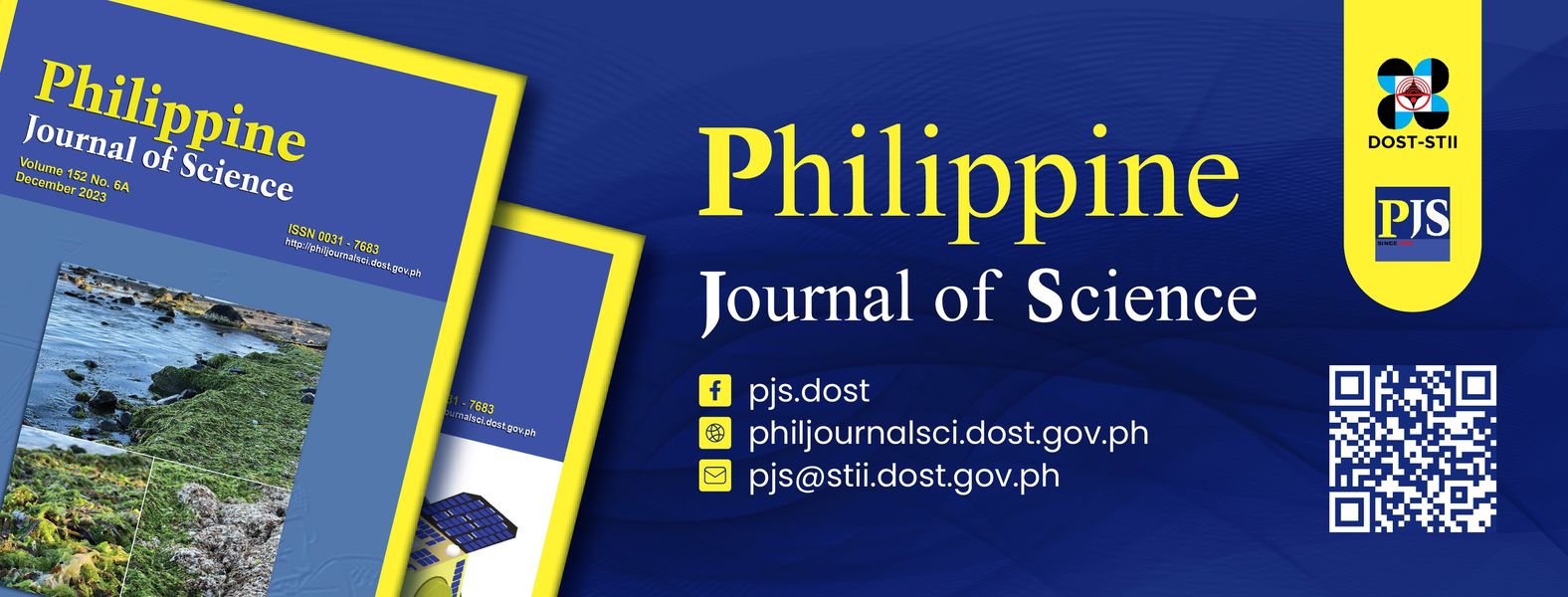




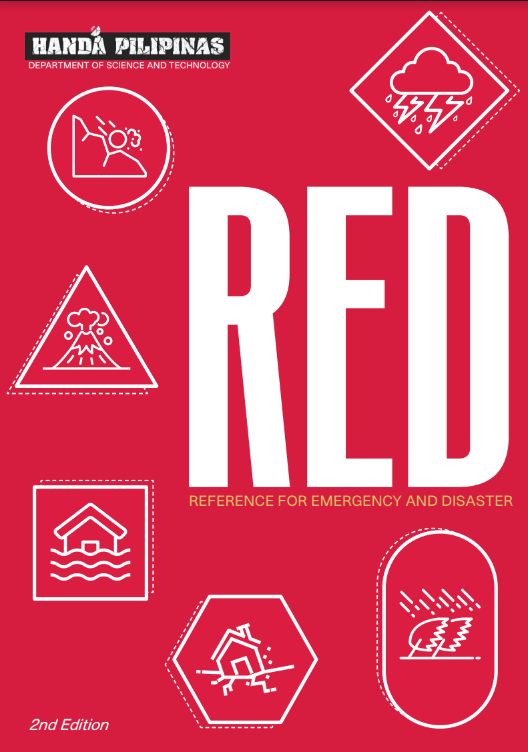





 21 in 2021 Technology Catalogue
21 in 2021 Technology Catalogue 21 in 2021 Technology Catalogue
21 in 2021 Technology Catalogue DOST Innovations - Web and Mobile Applications for Disaster Risk Reduction and Management
DOST Innovations - Web and Mobile Applications for Disaster Risk Reduction and Management